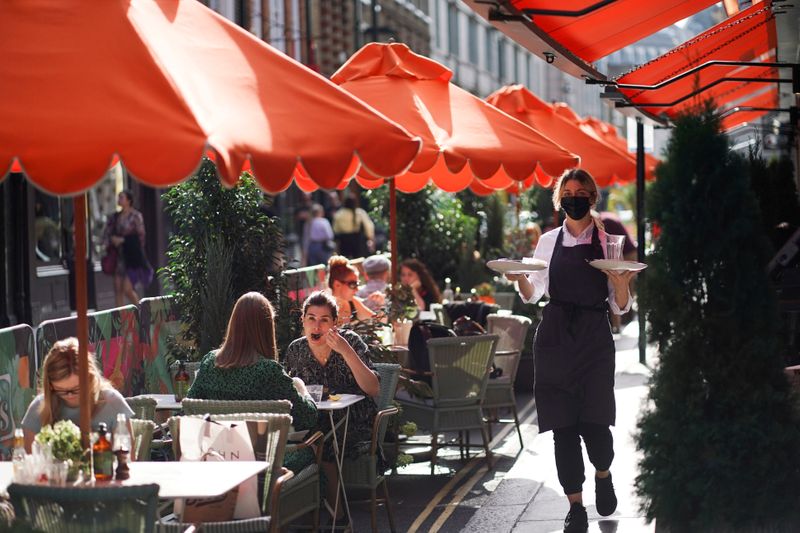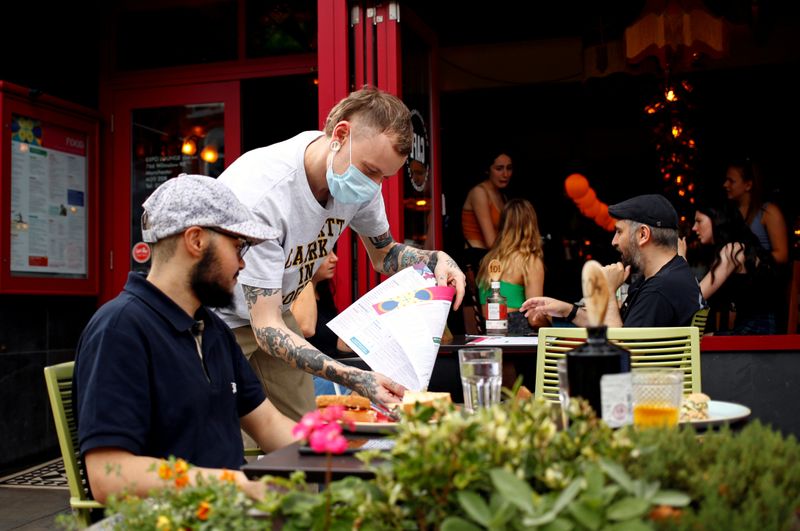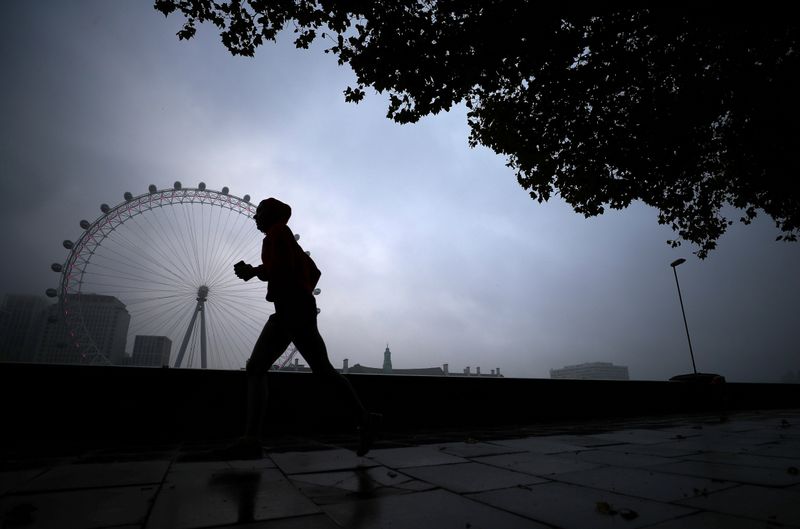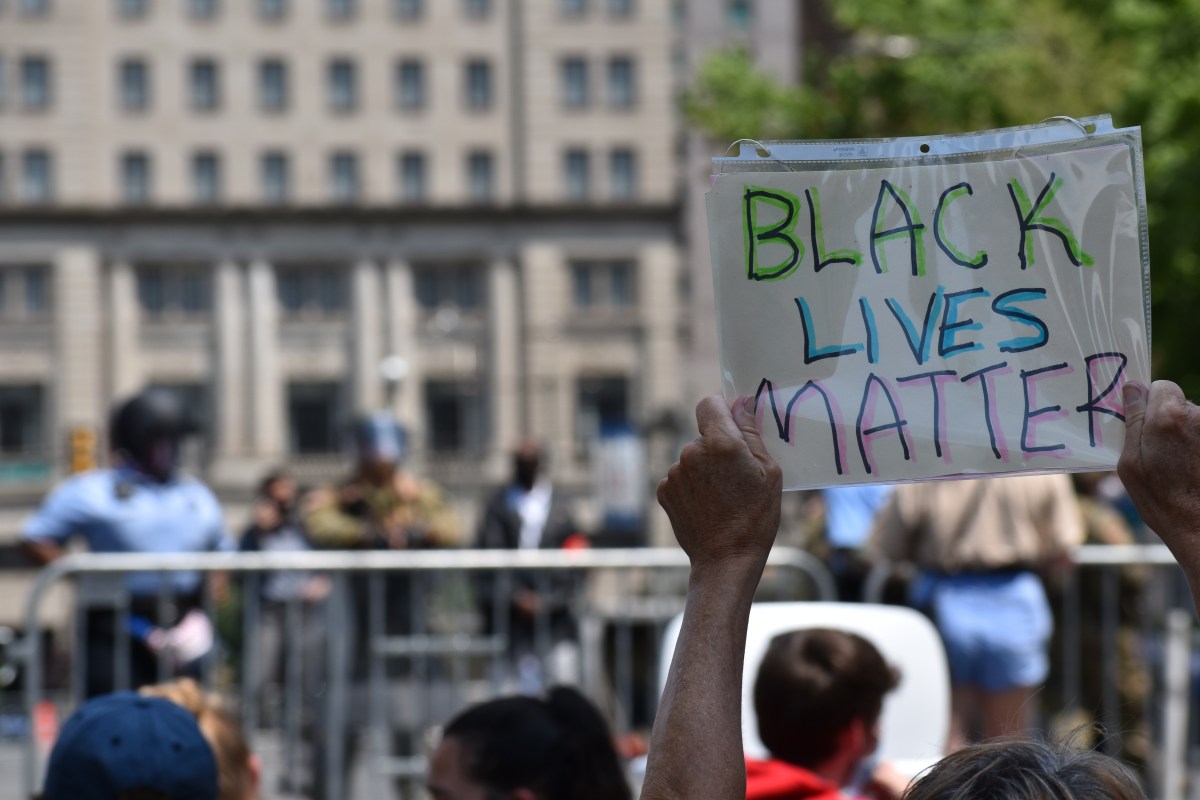LONDON (Reuters) – Britain’s hospitality trade is likely to see more than half a million job losses after the government’s furlough scheme ends this month, as local lockdowns and reduced opening hours hurt the sector, an industry representative said on Tuesday.
Kate Nicholls, chief executive of UK Hospitality, told Britain’s parliament that recent restrictions meant she needed to revise up a forecast of 560,000 permanent job losses — out of 900,000 currently furloughed workers — that the body made last month after surveying its members.
“We anticipate that number will be far higher now as a result of the local restrictions, the national constraints on events, working from home, the curfew etc,” she told the Treasury Committee, which is examining job support measures.
Britain is seeing a sharp rise in the number of coronavirus cases. Since Sept. 24 pubs and restaurants in England have had to close by 10 p.m., while many parts of the United Kingdom have tighter restrictions on socialising.
A government support programme that paid up to 80% of staff wages ends this month, and from November employers will have to bring employees back part-time and shoulder a much higher share of the bill if they want staff to benefit.
Finance minister Rishi Sunak has said he only wants to support “viable” jobs from now on, and the Bank of England forecast in August that the jobless rate would jump to 7.5% by the end of the year from 4.1% in the three months to July.
Nicholls said around half a million of the 3.2 million workers in the hospitality sector lost their jobs at the start of the lockdown in March, but only 5% had been laid off since then, due to support from the furlough programme.
The new scheme would lead to significant renewed job losses, she warned, adding that many pubs and restaurants now risked insolvency.
“Ninety-one percent of our members said that the job support scheme … wouldn’t be able to help them retain jobs because of the additional costs and restrictions that they were facing,” Nicholls said.
The Confederation of British Industry told the same hearing that said Sunak may need to offer more generous job support if the number of coronavirus cases continues to rise.
“We may need to look at the way the scheme is designed over the coming weeks, particularly if the crisis escalates over the winter months, and we do think that for certain sectors … we may need to see additional support,” the CBI’s chief economist, Rain Newton-Smith, said.
(Reporting by David Milliken, Editing by Estelle Shirbon and Catherine Evans)






















